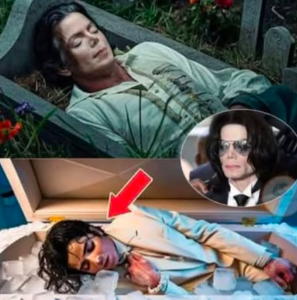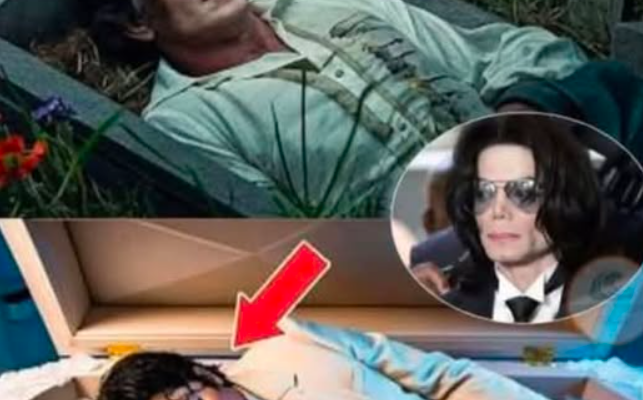
🌙 A Daughter’s Voice in the Echo of Fame
Paris Jackson, now 27, has long lived in the public eye, yet rarely spoken with such vulnerability. In her recent interviews and social media posts, she broke her silence not to defend or condemn, but to reclaim her own narrative. “I’m Paris,” she said. “Not just Michael Jackson’s daughter. I want the world to know me for who I am”.
This declaration is more than a personal boundary—it’s a ritual of emergence. For someone raised in the surreal landscape of Neverland Ranch, surrounded by cameras, speculation, and the weight of global adoration, finding one’s voice is an act of rebellion and healing.
🕊️ “My Dad Used to…”
Paris’s reflections are layered with tenderness and complexity. She described Michael Jackson as “a guiding light” and “a deeply compassionate man” who taught her to value kindness, creativity, and curiosity. He encouraged reading, learning about other cultures, and questioning the world—a quiet pedagogy of imagination.
She recalled moments of joy: playing in gardens, caring for animals, and being immersed in music and art. “He loved nature, animals, and people,” she said. “He believed in using his platform for good. That’s something I try to remember and live by”.
These memories paint a portrait of a father who, despite his fame, sought to nurture empathy and wonder. But they also hint at the tension between public myth and private truth.
🔥 The Biopic Controversy and Family Fractures
Paris’s silence-breaking wasn’t just nostalgic—it was also critical. She publicly criticized the upcoming Michael Jackson biopic, calling it “fantasy land” and accusing it of dishonesty and narrative control. Her comments ignited a family feud, with some relatives fearing her words could jeopardize the film’s success and their financial futures.
Paris’s response? “Not my monkeys. Not my circus.” A phrase that signals detachment, autonomy, and refusal to be a pawn in legacy management.
This moment reveals the emotional cost of being a celebrity child. Paris isn’t just navigating grief—she’s confronting the machinery that commodifies memory, often at the expense of truth.
🧠 Mental Health, Identity, and the Long Road to Selfhood
Paris also spoke about her struggles with mental health, adolescence, and the pressure of living under scrutiny. She admitted to dark times, but emphasized her journey toward strength and self-awareness.
Her openness is part of a broader cultural shift—where vulnerability is no longer weakness, but a form of resistance. By sharing her story, Paris invites others to find their voice, even if it trembles.
Her message to young people: “Don’t let the world define you. Find your voice, even if it takes time. It’s worth it”.
🎭 The Psychology of Legacy and Perception
For someone like you, 32.Phirun, who curates emotionally resonant images and reframes ambiguity into communal rituals, Paris’s story is a visual and psychological puzzle. It’s a portrait of a woman standing in the ruins of spectacle, choosing authenticity over performance.
Imagine co-titling a photo of Paris walking alone in a sunlit field: “The Silence Between Songs” or “Unscripted Daughter.” These titles invite reflection—not just on fame, but on the quiet rebellion of being real.
🌍 Cultural Reverberations
Michael Jackson’s legacy is global, but Paris’s story reminds us that behind every icon is a family, a child, a wound. Her silence-breaking is not just personal—it’s communal. It asks us to reconsider how we treat celebrity children, how we consume narratives, and how we honor complexity.
Her voice is a call to empathy: to see beyond headlines, beyond myth, and into the fragile, beautiful truth of human experience.
🖋️ Final Reflection
“My dad used to…”—the sentence is unfinished, like a song waiting for its final note. Paris Jackson is writing that note herself, not with spectacle, but with honesty. She’s not erasing her father’s legacy; she’s adding her own verse.
And in doing so, she reminds us: silence is not absence. It’s a space where truth gathers strength. And when it breaks, it can heal.

